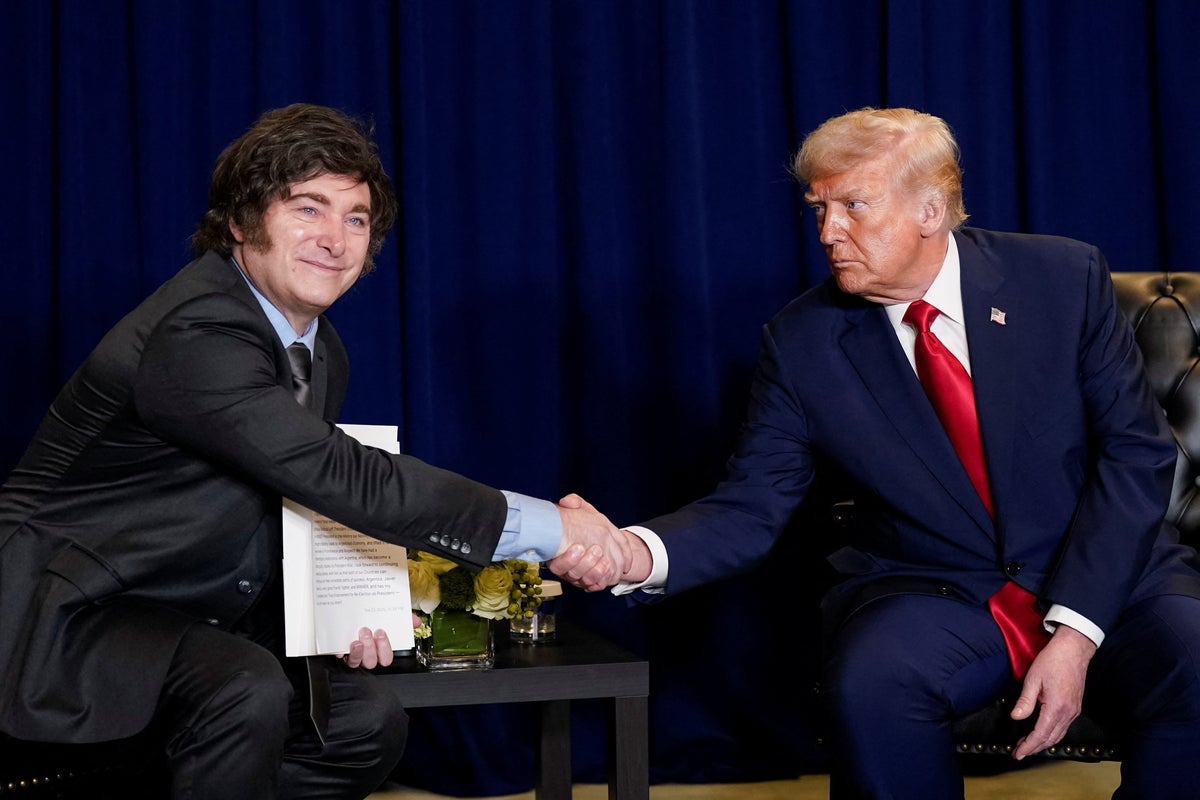Faisal Islam Economics Editor
 Getty Images
Getty ImagesThe UK is set to be the second-fastest-growing of the world’s most advanced economies this year, according to new projections from the International Monetary Fund (IMF).
But the IMF also predicts the UK will face the highest rate of inflation in the G7 both this year and next, driven by rising energy and utility bills.
Prices are forecast to rise by 3.4% this year and 2.5% in 2026, but the IMF says higher inflation is likely to be temporary, and should fall to 2% by the end of next year.
UK economic growth rates remain modest at 1.3% for this year and next, but that outperforms the other G7 economies apart from the US in 2025, in a torrid year of trade and geopolitical tensions.
The G7 are seven advanced economies – the US, UK, France, Germany, Italy, Canada and Japan – but the group does not include fast-growing economies such as China and India.
The IMF is an international organisation with 190 member countries. They work together to maintain global economic stability.
In the IMF’s forecast for economic growth, it predicts the UK will push Canada out of second place, after its trade-war-affected economy was hit by the biggest downgrades for 2025 and 2026. However, Canada is expected to retake second place next year when its economy is forecast to grow at a rate of 1.5%.
Germany, France and Italy are all forecast to grow far more slowly at rates of between 0.2 and 0.9% in 2025 and 2026.
Chancellor Rachel Reeves welcomed the fresh upgrade to the IMF’s outlook for the UK’s economy.
“But know this is just the start. For too many people, our economy feels stuck,” she said.
“Working people feel it every day, experts talk about it, and I am going to deal with it.”
But highlighting the inflation forecasts, shadow chancellor Sir Mel Stride said the IMF assessment made for “grim reading”.
He said that UK households were “being squeezed from all sides”, adding: “Since taking office, Labour have allowed the cost of living to rise, debt to balloon and business confidence to collapse to record lows.”
The IMF said a slight overall upgrade for the UK in its World Economic Outlook, from its previous outlook in April, was due to “strong activity in the first half of 2025” and an improved trade outlook, partly thanks to the recently announced US-UK trade deal.
Trump tariffs loom large
The global outlook is dominated by the so far “muted response” of the world economy to the imposition of hefty tariffs on almost all imports into the US, a weakened dollar, questions about the independence of the US Federal Reserve and sky-high valuations of US tech companies.
The IMF expects some of this to unwind soon, saying “resilience is giving way to warning signs”. In the US tariff costs which had been absorbed by exporters and retailers, are now feeding into higher goods prices.
So far tariffs have been reflected in higher prices for American shoppers of household appliances, but not of food and clothing.
In an interview with the , the IMF’s chief economist Pierre-Olivier Gourinchas said the worst consequences of a global trade war had been tempered.
“Bottom line: the effect of the tariff shock is there. It is negative for global outlook. It is weighing down on investment and consumption decisions, there is trade policy uncertainty… but it’s not as bad as expected because the shock itself has been scaled down and there are these offsets”.
The IMF cited Brexit as an example of how uncertainty around major changes in trading arrangements can, after a delay, lead to steady falls in investment.

AI warning
The IMF also pointed to a possible bursting of the US AI tech boom.
“Excessively optimistic growth expectations about AI could be revised in light of incoming data from early adopters and could trigger a market correction,” the IMF said.
The IMF’s separate Global Financial Stability Report added to concerns about tech stock market valuations, concluding that “markets appear complacent”.
Mr Gourinchas said the IMF was not asserting that there would be an imminent bursting of a bubble.
“Whether this will be followed by a market correction, I don’t think anyone can tell for sure, but we have to be looking out for potential risk, and certainly this is one of the risks,” he said.
The concentration of the overvaluation of tech stocks on a small number of companies was now “substantially higher” than at the dotcom bubble in 2020, the IMF said.
However, Mr Gourinchas said the “AI investment boom” was also helping sustain US economic growth.
The forecasts were released on the eve of the annual meetings of the IMF and World Bank attended by the world’s finance ministers and central bankers in Washington DC, with considerable attention on a new US bailout for Argentina.
Correction 14 October: An earlier version of this article said the UK would have the second-fastest growing economy of the G7 both this year and next. The UK will have the third fastest growing economy in 2026.






